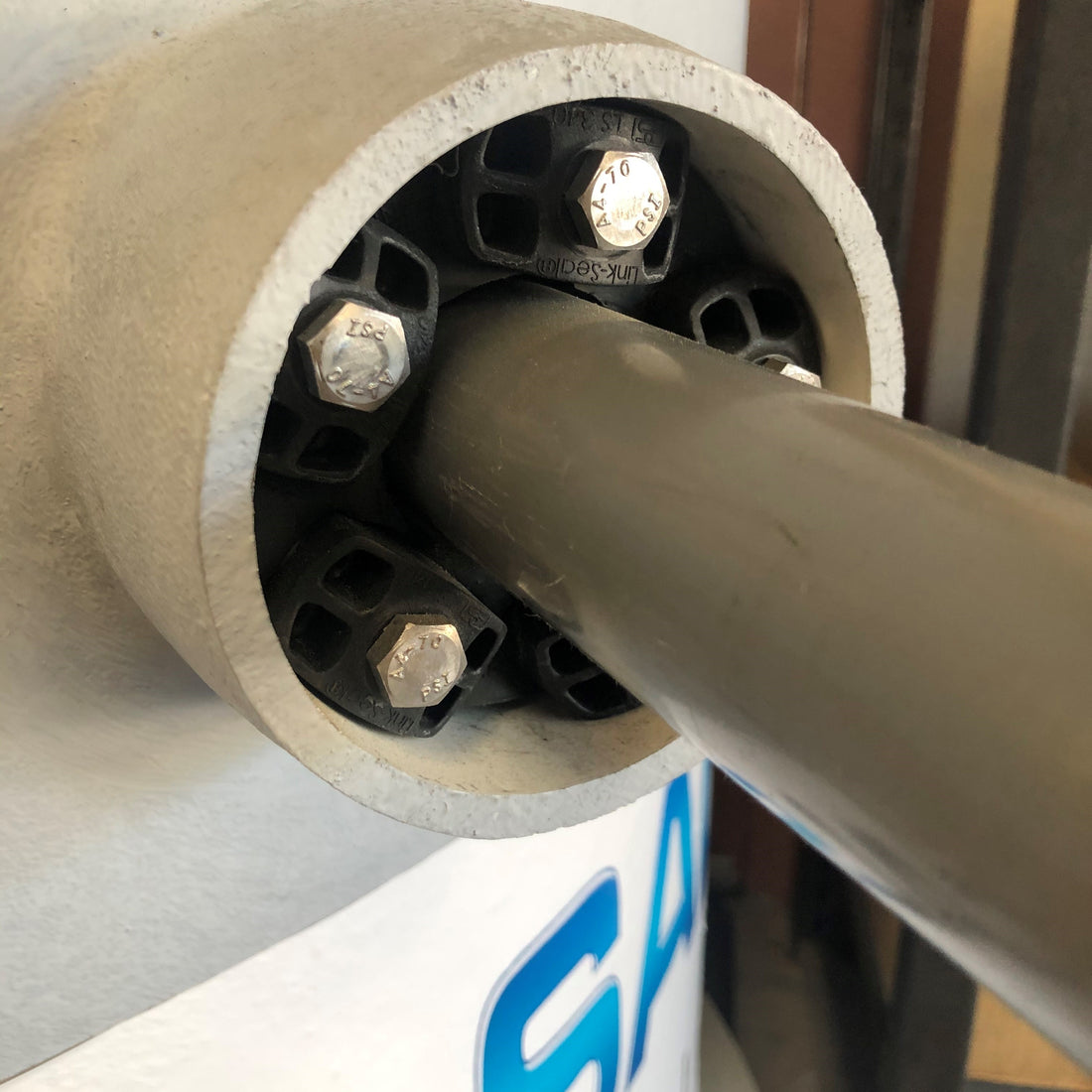
What is Link-Seal or a modular seal?
Share
A modular seal is a specialized type of sealing device used to prevent the leakage of fluids or gases between two surfaces or components. These seals are designed with a modular construction, meaning they are made up of individual segments or modules that can be assembled to fit specific sealing requirements. Modular seals offer several advantages over traditional one-piece seals, such as flexibility, ease of installation, and the ability to accommodate varying sizes and shapes.
Key Characteristics of Modular Seals:
-
Modular Design: The defining feature of a modular seal is its segmented construction. Instead of being a single, continuous piece, the seal is composed of individual segments that fit together to create the desired sealing configuration. These segments can be adjusted, removed, or replaced as needed, making the seal versatile and adaptable to different applications.
-
Segment Arrangement: The individual segments of the modular seal are arranged in a specific pattern to optimize the sealing performance. The arrangement may vary depending on the application and the equipment being sealed. Some modular seals have multiple sealing surfaces to ensure a tight and reliable seal.
-
Customization: The modular design allows for easy customization based on the specific requirements of the application. Different sizes and shapes of segments can be combined to create a seal that precisely fits the sealing gap or surface, reducing the risk of leakage.
-
Material Options: Modular seals are typically made from various materials, including rubber, elastomers, plastics, or metal. The material selection depends on the specific application, such as the type of fluid or gas being sealed, the temperature range, and the pressure requirements.
Applications of Modular Seals:
Modular seals find applications in a wide range of industries and equipment, including:
-
Construction: Modular seals are used in construction projects, such as building foundations, to prevent water infiltration and ensure waterproofing.
-
Civil Engineering: They are employed in civil engineering structures, such as tunnels and dams, to provide watertight seals.
-
Pipelines: Modular seals are used in pipeline construction to prevent leaks and maintain the integrity of the transported fluids or gases.
-
Mechanical and Industrial Equipment: In various industrial settings, modular seals are used to seal rotating shafts, pumps, gearboxes, and other equipment to prevent lubricant leakage and contamination.
-
Transportation: They are utilized in the automotive, aerospace, and marine industries to seal various components, such as engines, transmissions, and hydraulic systems.
Advantages of Modular Seals:
-
Flexibility: The modular design allows for easy customization and adaptation to different sizes and shapes, making them suitable for a wide range of applications.
-
Easy Installation: Modular seals are relatively easy to install and can be assembled on-site, reducing installation time and costs.
-
Maintenance: Individual segments can be replaced or repaired without replacing the entire seal, making maintenance more convenient and cost-effective.
-
Leakage Prevention: When properly designed and installed, modular seals provide reliable and effective sealing, minimizing the risk of fluid or gas leakage.
In conclusion, modular seals offer a versatile and efficient solution for sealing applications in various industries. Their customizable design, ease of installation, and ability to accommodate different conditions make them a preferred choice for ensuring fluid containment and preventing leakage.
CLICK HERE for a modular seal calculator.
CLICK HERE for our Link-Seal collection.
